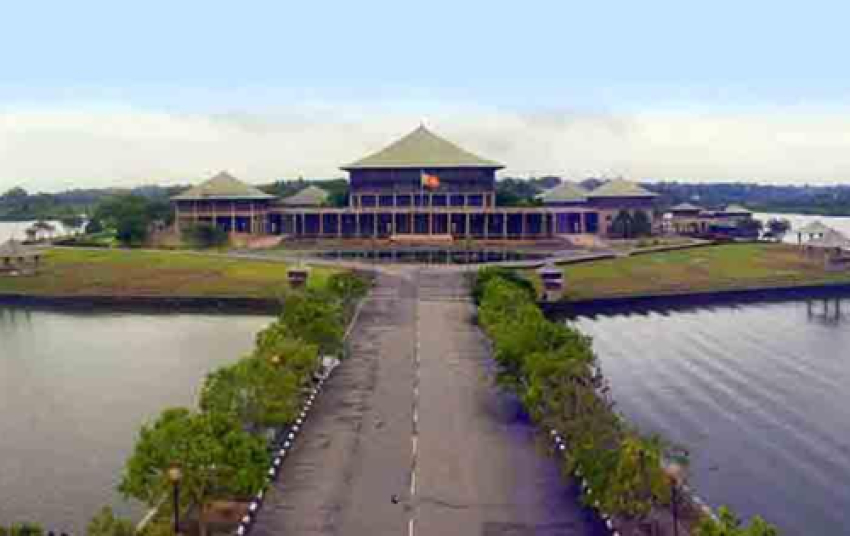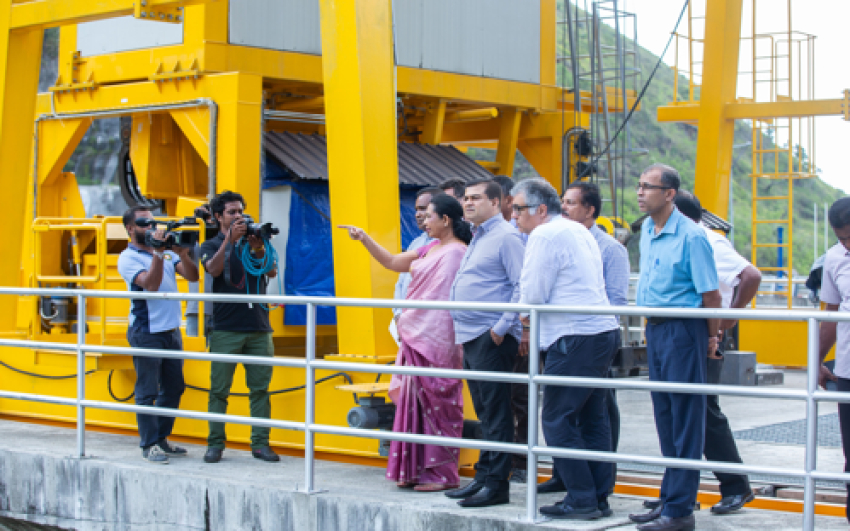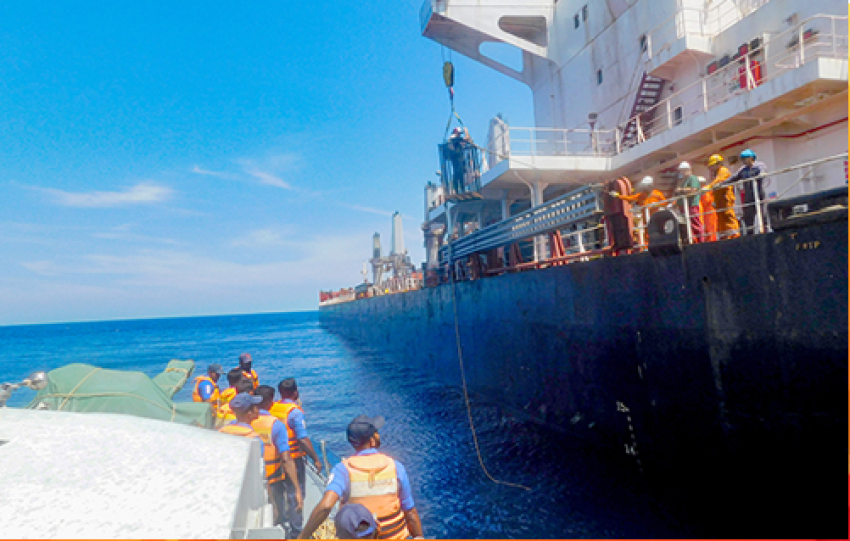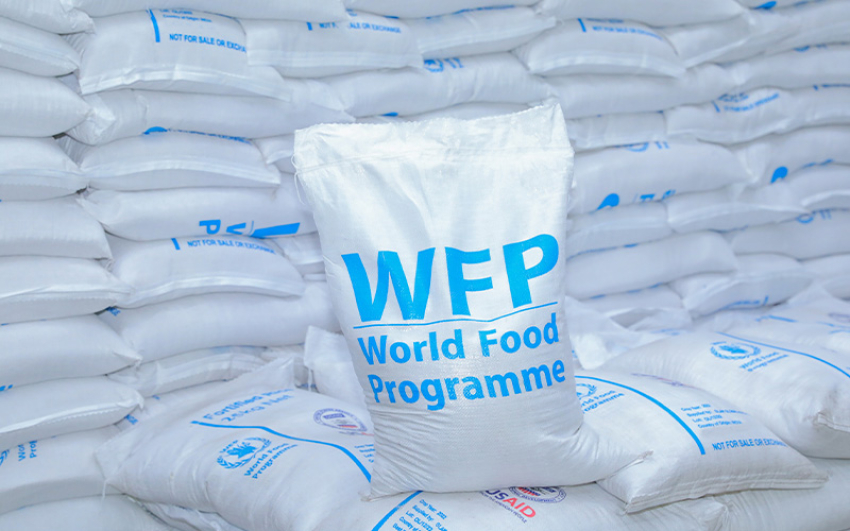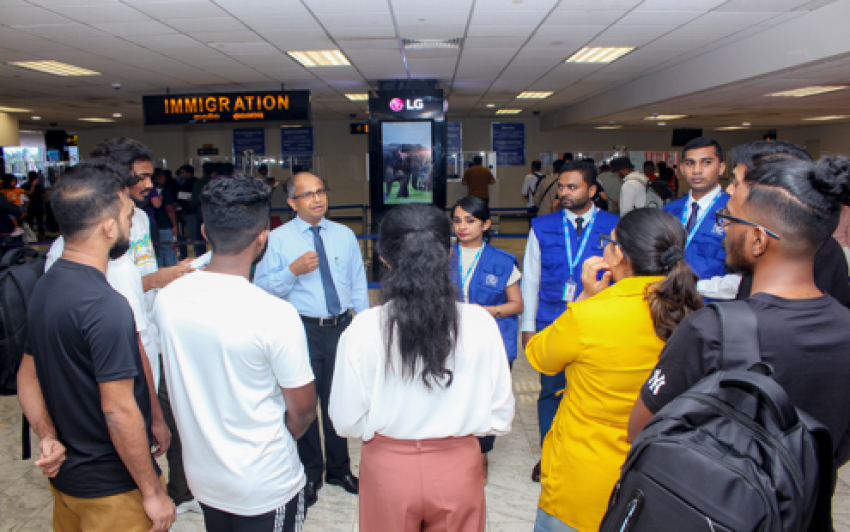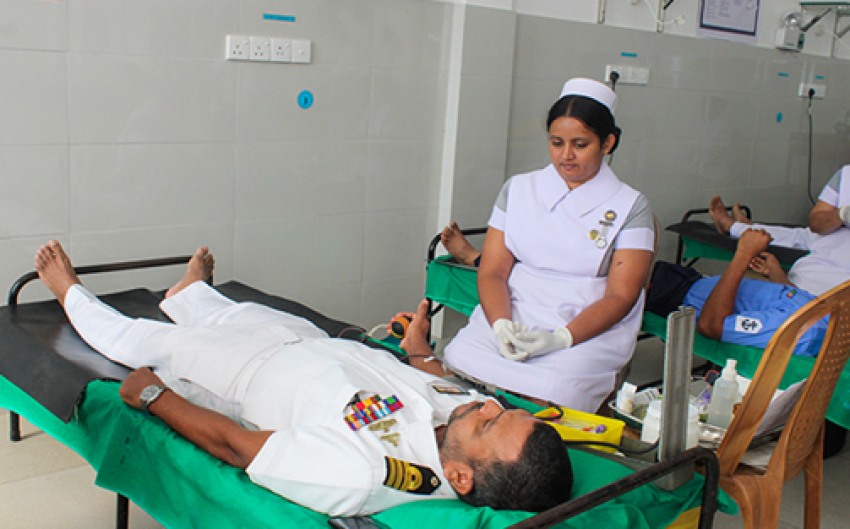In his remarks to the 65th United Nations General Assembly (UNGA) in 2010, President Mahinda Rajapaksa underlined the severity of the issue.
“The world, unlike in the past, has become severely vulnerable to natural disasters,” President Rajapaksa said. “Almost every day, we see millions of people becoming victims of severe floods, landslides, volcanoes, cyclones, earthquakes and the like. It has become increasingly difficult for affected countries to manage unassisted, the post disaster recovery programmes. The recent natural calamities in our region underline the crucial need for effective action, in which there is collective participation, to reduce human suffering. Without doubt, climate change and global warming are today issues which demand the urgent attention of all nations.”
According to a report released by the Intergovernmental Panel on Climate Change (IPCC) in 2013, approximately 70 percent of the coastlines worldwide are projected to experience sea level change. The IPCC's fifth assessment report says if average global temperatures increase by approximately four degrees Celsius, sea levels could rise as much as one metre by 2100, with catastrophic results.
Given this reality, the world leaders who met in New York at the Climate Summit on Sept.23 reaffirmed determination to limit global temperature rise to less than 2 degrees Celsius by cutting emissions. And many, from all regions and all levels of economic development, advocated for a peak in greenhouse gas emissions before 2020, decisively reduced emissions thereafter, and climate neutrality in the second half of this century.
Although, today, climate change has become a global issue, the countries that are most affected are those that have contributed least to the problem.
"What worsens this situation is that the climate change threats faced by many island nations are by-and large not of their own making," says Mr. Achim Steiner, the under-secretary-general of the United Nations and executive director of the United Nations Environment Programme (UNEP).
Sri Lanka, being an island nation, cannot escape the realities the threats of climate change pose. In its capacity, the Government formulated the "National Climate Change Adaptation Strategy for 2011-2016” with the assistance from the ADB to increase Sri Lanka’s resilience to climate change impacts whilst pursuing sustainable economic development.
Sri Lanka has also repeatedly underscored the need to practice social equity at the international level, especially on matters related to climate change.
"The disproportionate pollution of the environment by industrialised countries, and the resultant impact on global warming and climate change, cannot be remedied with any semblance of justice by imposing harsh restraints on developing countries, which have contributed very little to aggravation of the problem," President Rajapaksa said at the 66th United Nations General Assembly in New York in 2011.(KH)



